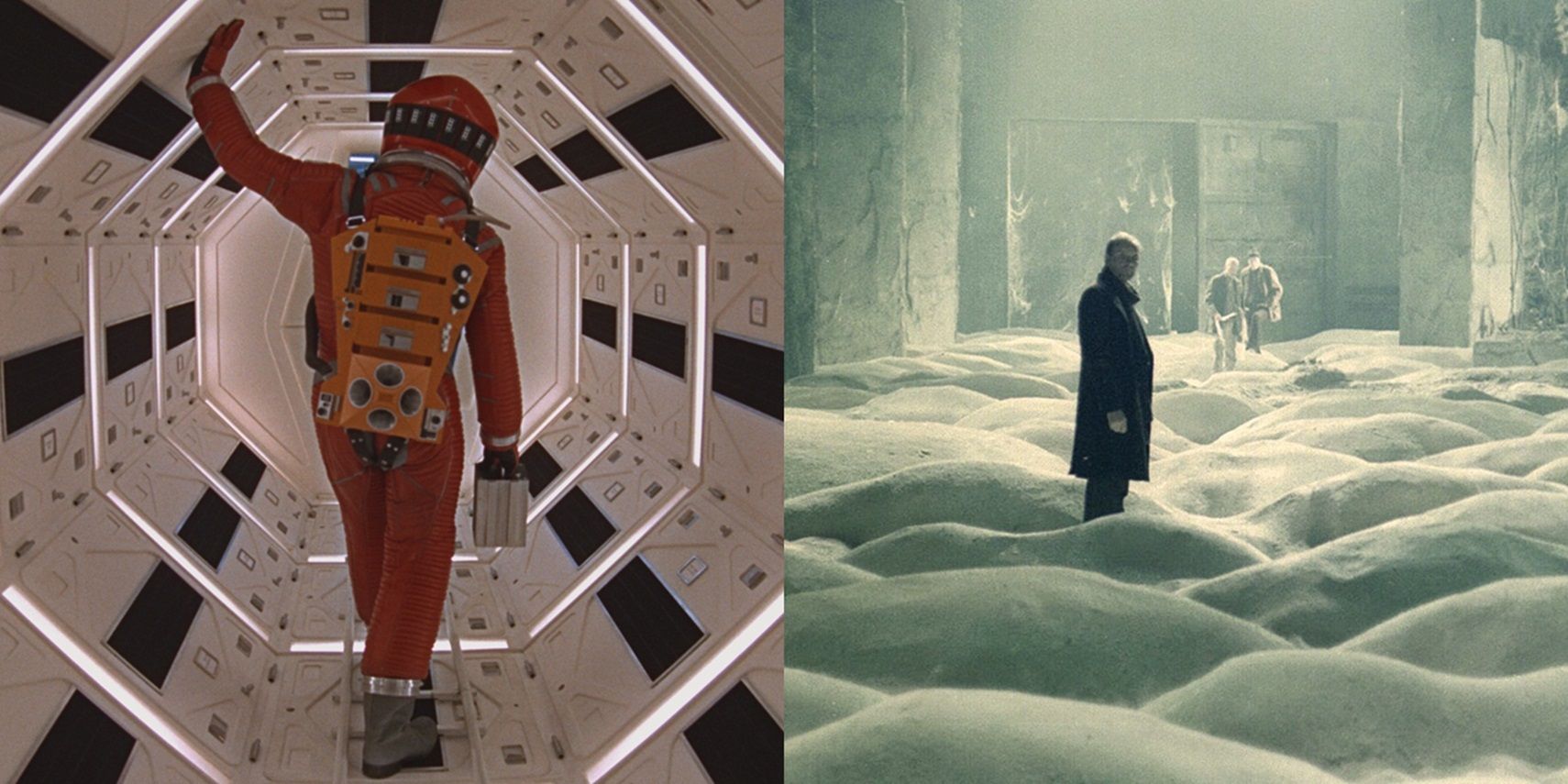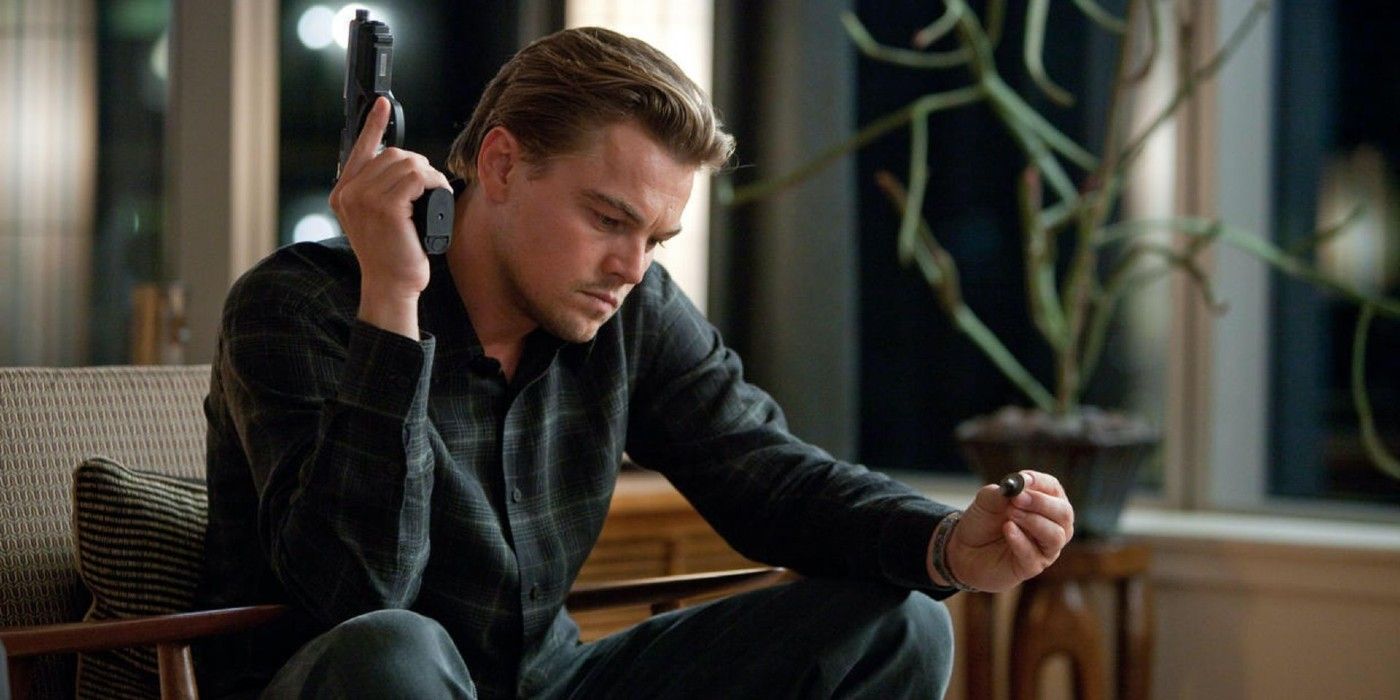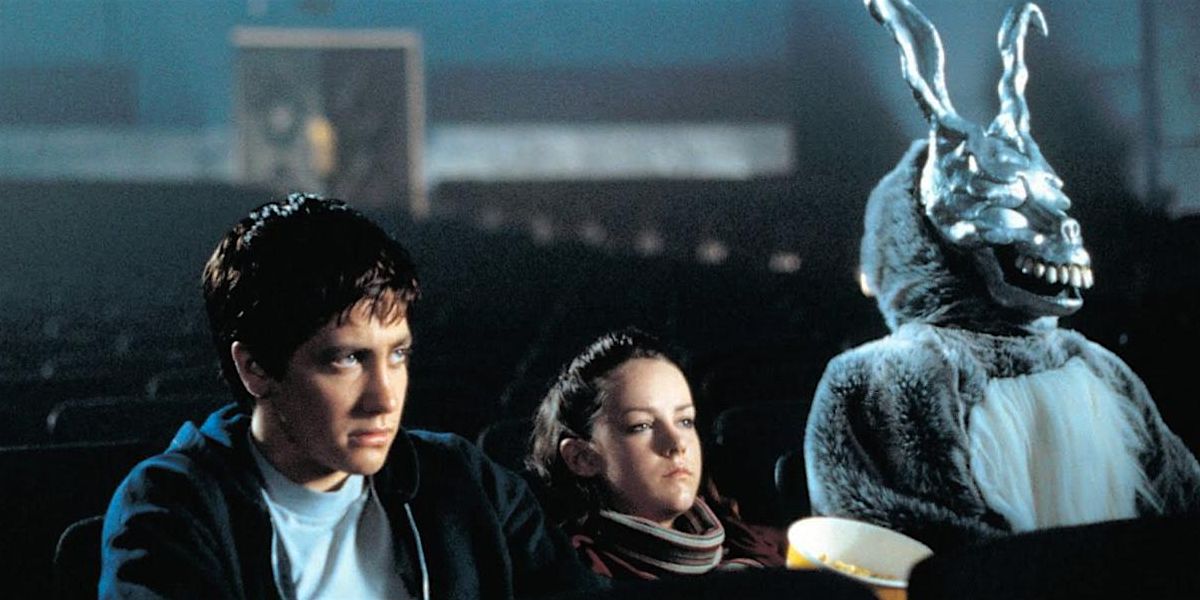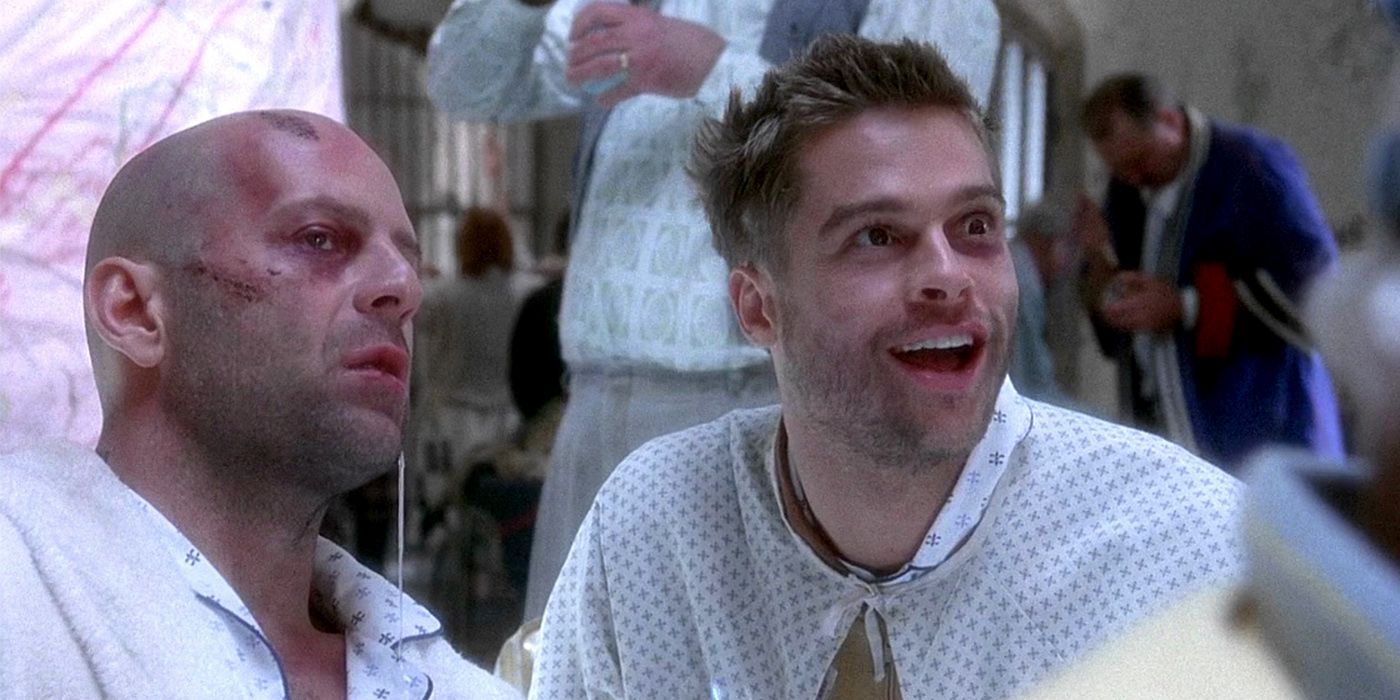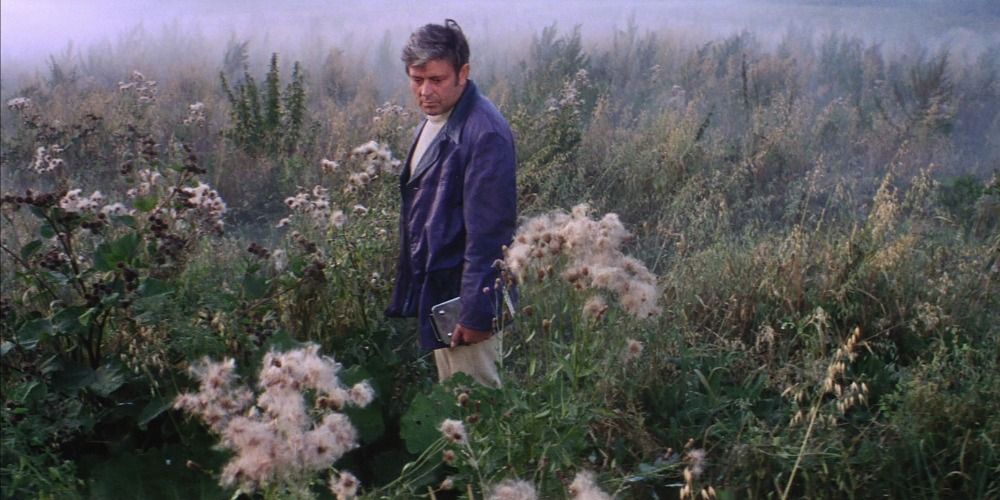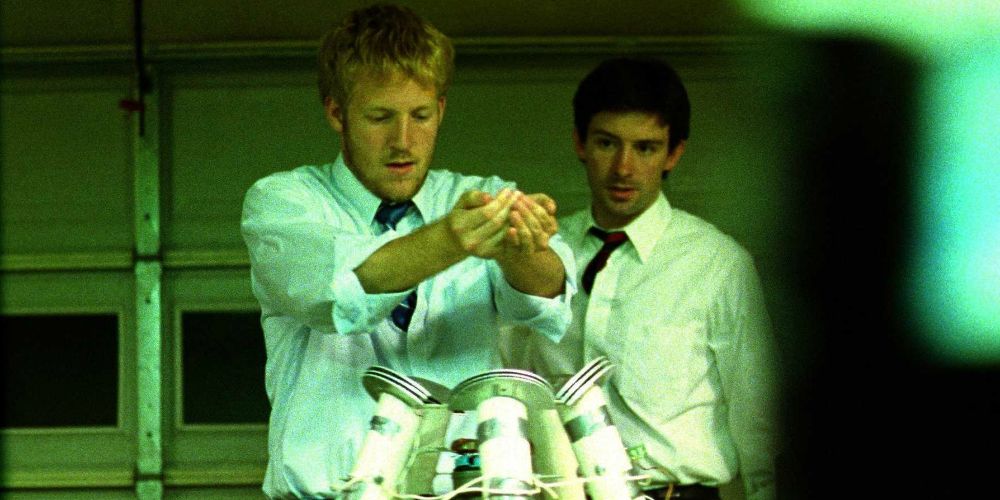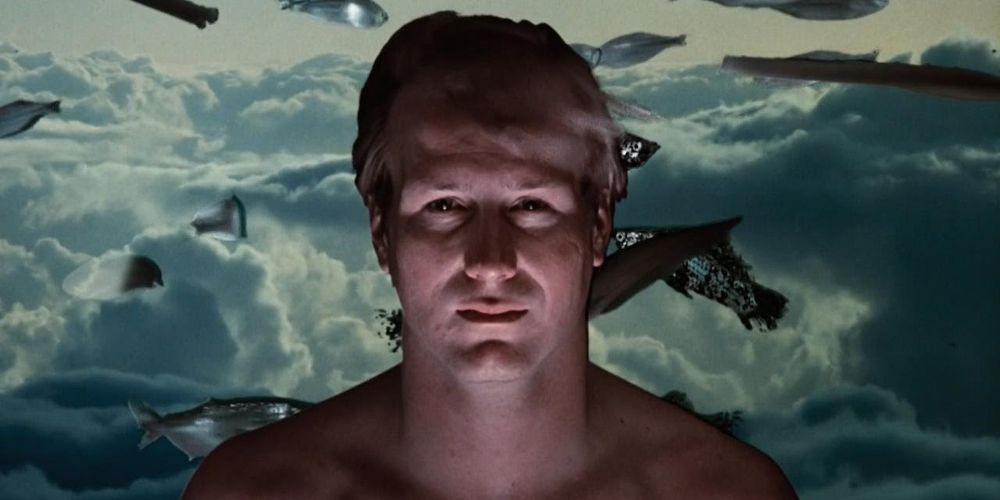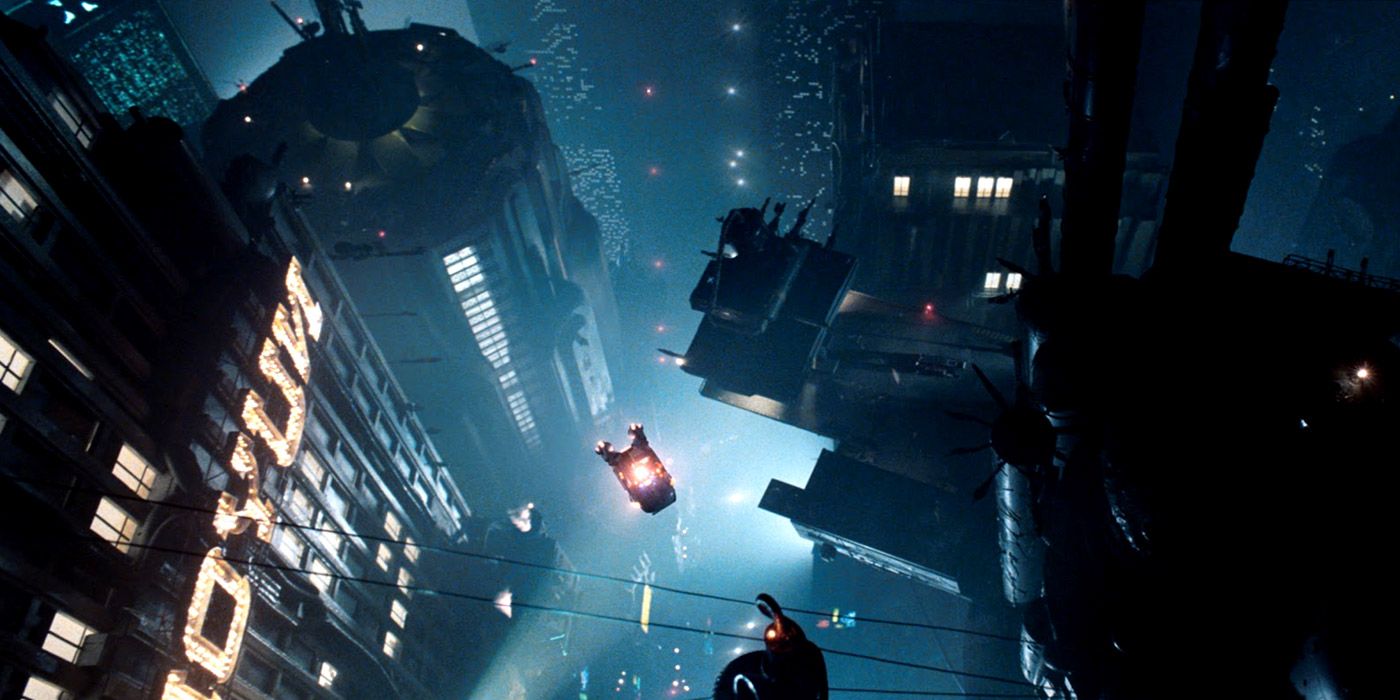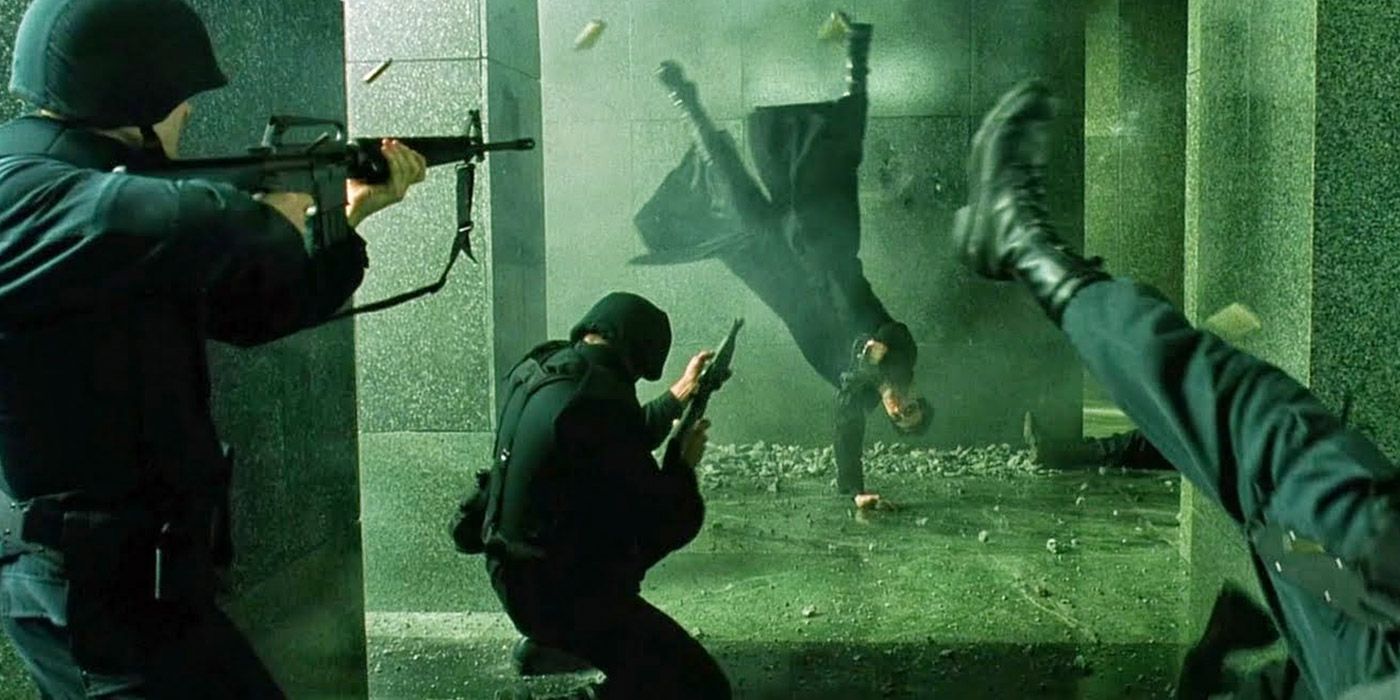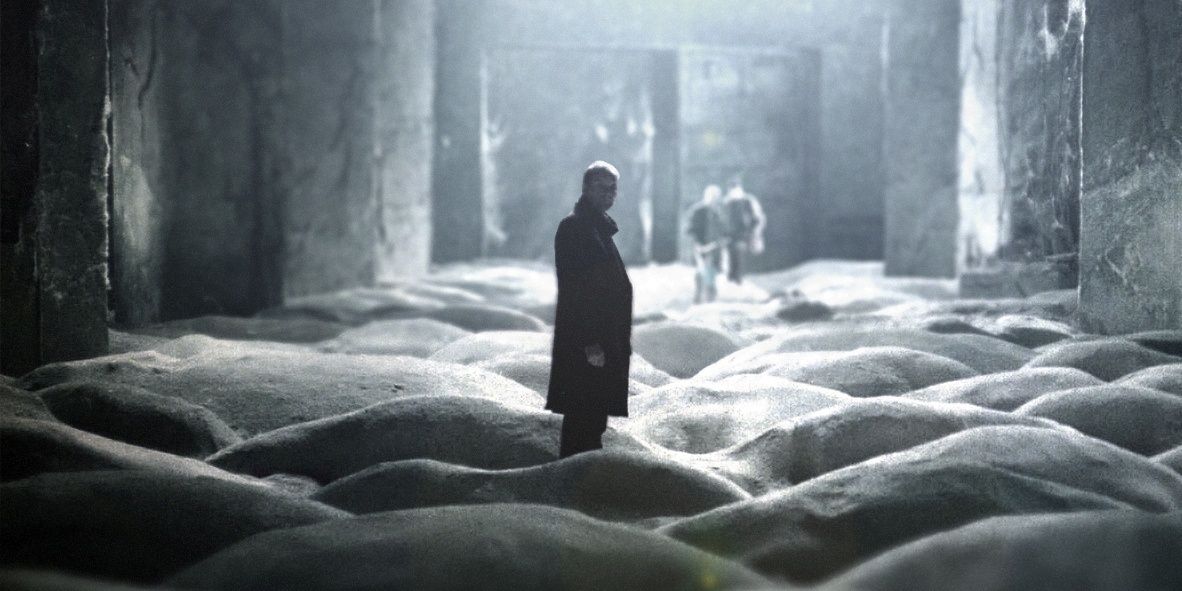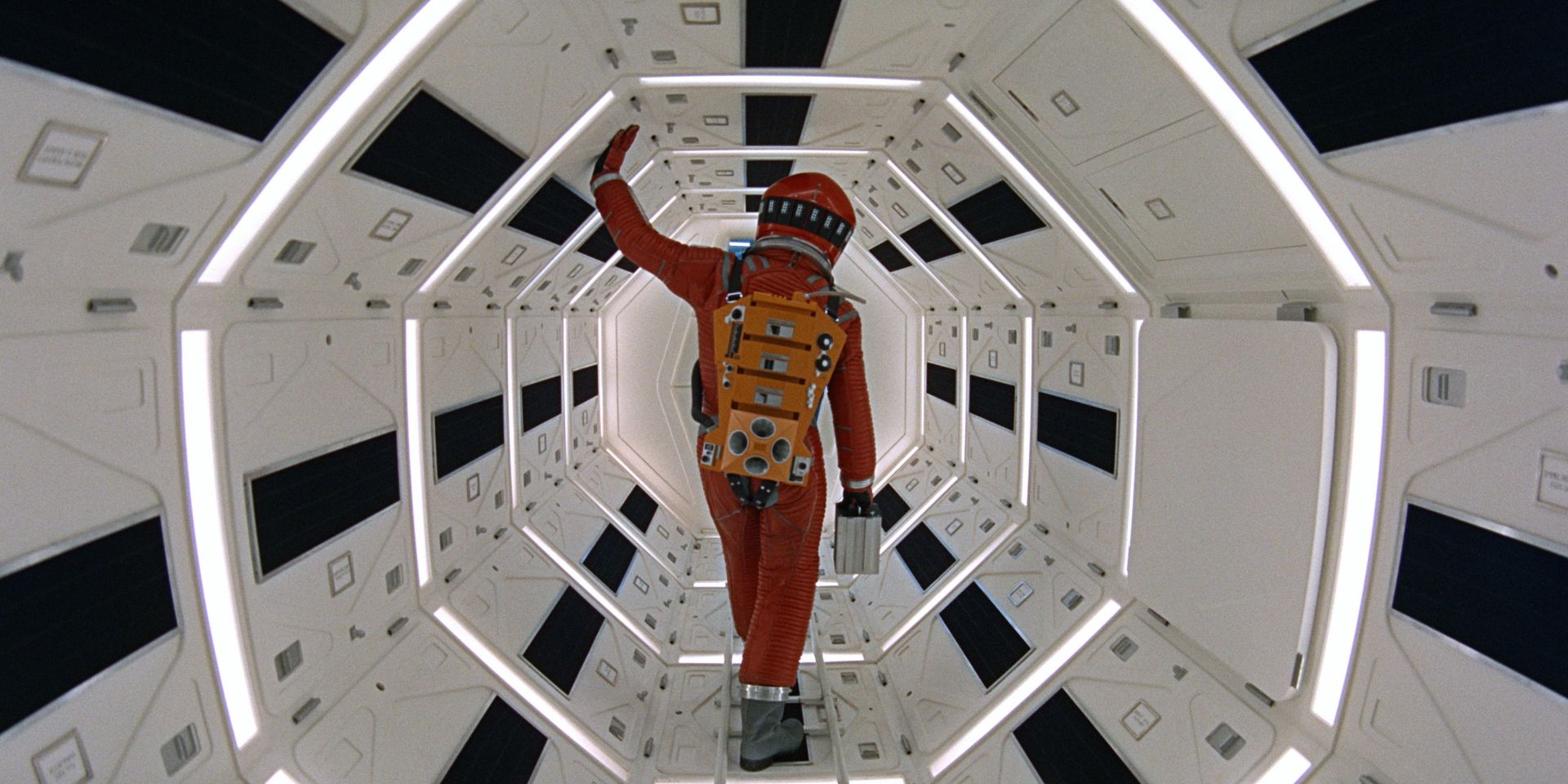Going back to the early pioneering masterpieces like Georges Méliès’ A Trip to the Moon and Fritz Lang’s Metropolis, science fiction has always been one of cinema’s most fascinating, complex, and thought-provoking genres. At their best, sci-fi movies can be visually stunning, artistically profound, and truly mind-bending.
Over the years, directors like Stanley Kubrick, Terry Gilliam, and Andrei Tarkovsky have contributed unforgettable entries to the sci-fi canon. These sci-fi classics take a handful of viewings to wrap your head around, so it’s a good thing they’re available to stream online and rewatch.
Inception (Netflix/HBO Max)
It’s not easy for an original concept to make blockbuster bucks these days, but audiences around the world were captivated by Christopher Nolan’s Inception when it hit theaters back in 2010. In the film, Leonardo DiCaprio leads a crack team of thieves into a man’s dreams to steal an idea.
In short, there had never been anything quite like Inception before. There had been heist movies and movies set in the dreamscape, but never a heist movie set in the dreamscape. With all the talk of “dreams within dreams,” Inception takes a couple of viewings to fully understand, but it eventually unveils its true beauty as viewers catch on to the narrative's insightful complexities.
Donnie Darko (IMDb TV/Tubi)
Richard Kelly’s feature directorial debut Donnie Darko wasn’t appreciated by audiences upon its release, but it’s since become a cult classic. In the film, Jake Gyllenhaal stars as a disturbed teenager plagued by premonitions of an impending disaster.
The movie doesn’t spell out its plot, and it takes a baffling turn when Donnie starts having visions of a human-sized rabbit, but it all comes together in the finale, as various timelines converge and the larger meaning of this existential odyssey comes to light. Still, it takes a few viewings to fully understand Kelly's messaging.
Twelve Monkeys (MAX Go/Cinemax)
The dystopian future of Terry Gilliam’s mind-bending sci-fi hit Twelve Monkeys hits differently today. In the film, Bruce Willis plays a convict who’s sent back in time from a future ravaged by disease to determine the origins of the virus that wiped out humanity - a parable which has petrifying parallels to the perils of our present pandemic.
Gilliam was inspired by the cyclical structure of Chris Marker’s seminal 1962 short La Jetée, where the ending of the movie directly informs the beginning of the movie and ties the whole story together in a neat Möbius strip. Such a subversive story structure means that multiple watches are necessary here.
Solaris (HBO Max)
Andrei Tarkovsky brought an arthouse sensibility to a space adventure in 1972’s Solaris. The film tells the story of a psychologist who’s sent to a space station to figure out what caused all the crew to lose their minds.
Nominated for the Palme d’Or, Solaris is a mind-bending gem exploring the effects of isolation on the human psyche, featuring a breathtaking electronic music score by Eduard Artemyev. As such a meditative movie, it will likely take a few watches to fully fall into its rhythm, but the treasures of Tarkovsky's work are absolutely worth it.
Primer (Available To Rent On Apple TV+)
Shane Carruth’s Primer is a very different kind of time travel movie. It’s about time travel being discovered by accident, and Carruth – a former engineer with a degree in mathematics – didn’t dumb down any of the technical dialogue.
Suffice to say, Carruth doesn’t just explain away time travel with a “flux capacitor” like Back to the Future. It’s the closest thing to a scientifically accurate movie about something that’s scientifically impossible, and that means it may take multiple viewings to fully understand the experimental methods in the movie.
Altered States (MAX Go/Cinemax)
Ken Russell’s bone-chilling sci-fi opus Altered States was inspired by John C. Lilly’s sensory deprivation research, which he conducted by taking psychoactive drugs in isolation tanks. It stars William Hurt in his movie debut as a psycho-physiologist who conducts similar experiments.
Throughout the movie, he begins to experience haunting hallucinations that he believes could be genetic memories. Russell’s psychedelic visuals make Altered States a viewing experience like no other.
Blade Runner (Available To Rent On Apple TV+)
Adapted from Philip K. Dick’s Do Androids Dream of Electric Sheep?, Ridley Scott’s Blade Runner tells the story of a hard-boiled detective named Rick Deckard who’s tasked with tracking down escaped androids that have assimilated themselves into human society in a dystopian futuristic Los Angeles.
Scott transplanted the familiar tropes of film noir into a sci-fi setting in Blade Runner. The movie’s ambiguous portrayal of Deckard’s identity makes it a difficult one to follow, but its breathtaking visuals are worth putting up with the confusion.
The Matrix (HBO Max)
The Wachowskis made ‘90s moviegoers question the nature of their reality with their groundbreaking sci-fi action hit The Matrix. In the film, Keanu Reeves stars as Neo, who learns that the human race has basically been turned into "batteries" by robots from the future, and he joins the resistance against the machines in “the real world.”
With mind-blowing cyberpunk visuals and allusions to Alice in Wonderland, The Matrix is a movie like no other. There’s plenty of spectacular John Woo-style action to balance out the movie’s heady, thought-provoking themes.
Stalker (The Criterion Channel)
Seven years after taking a trip to space in Solaris, Tarkovsky brought his particular brand of artful Soviet science fiction back down to Earth for Stalker. Set in a cordoned-off post-apocalyptic wasteland called “The Zone,” Stalker sees a tour guide illegally taking a writer and a scientist to “The Room,” where their wishes will apparently come true.
Although it received a mixed response from contemporary critics, Stalker has since been re-evaluated as a masterpiece of world cinema for its psychological and philosophical themes. Still, because it's such a cerebral story, it might take a few viewings to fully comprehend Tarkovsky's complex ideas.
2001: A Space Odyssey (HBO Max)
Stanley Kubrick set out to make the definitive science fiction film with 2001: A Space Odyssey, and he arguably succeeded. The story, which Kubrick co-wrote with renowned sci-fi author Arthur C. Clarke, touches on all the key themes of the genre: exploring new corners of outer space, sentient A.I. turning against humanity, etc.
The ambiguity of 2001 has baffled audiences for decades. There are countless interpretations of the story’s meaning - Nietzsche’s Übermensch theory, the search for God, a grand metaphor for conception - and what it all means is up to the individual viewer.

